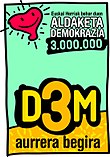
The Canary Islands, also known informally as the Canaries, are a Spanish region, autonomous community and archipelago in the Atlantic Ocean. At their closest point to the African mainland, they are 100 kilometres west of Morocco. They are the southernmost of the autonomous communities of Spain. The islands have a population of 2.2 million people and are the most populous special territory of the European Union.
Castile or Castille is a territory of imprecise limits located in Spain. The use of the concept of Castile relies on the assimilation of a 19th-century determinist geographical notion, that of Castile as Spain's centro mesetario with a long-gone historical entity of diachronically variable territorial extension.
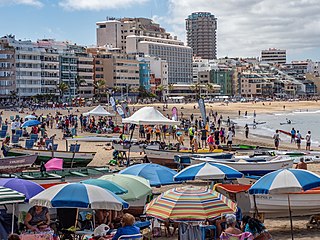
Las Palmas, officially Las Palmas de Gran Canaria, is a Spanish city and capital of Gran Canaria, in the Canary Islands, in the Atlantic Ocean.

The 2004 European Parliament election in Spain was held on Sunday, 13 June 2004, as part of the EU-wide election to elect the 6th European Parliament. All 54 seats allocated to Spain as per the Treaty of Nice were up for election.

The National Party also known as the White Party, is a major political party in Uruguay. Founded in 1836 by General Manuel Oribe, it is the country's oldest active political party, and along with the Colorado Party, its origin dates back to the establishment of Uruguay as an independent state.

Unión Deportiva Las Palmas is a professional football club based in Las Palmas de Gran Canaria, Canary Islands, Spain. The club competes in La Liga, the top division in the Spanish football league system. Nicknamed Los Amarillos, the club was founded on 22 August 1949 as a result of a merger between five clubs in the Canary region. The club initially played in the Estadio Insular before beginning hosting their home matches at the Estadio Gran Canaria in 2003.
The Basque National Liberation Movement was an umbrella term that comprised all social, political and armed organizations orbiting around the ideas of the illegal armed organisation Euskadi Ta Askatasuna (ETA), proscribed internationally as a terrorist organisation.

The Academy of Cinematographic Arts and Sciences of Spain is a professional organisation dedicated to the promotion and development of Spanish cinema. Founded in 1986, it is responsible for the annual Goya Awards, Spain's principal film awards. It is headquartered in Madrid.
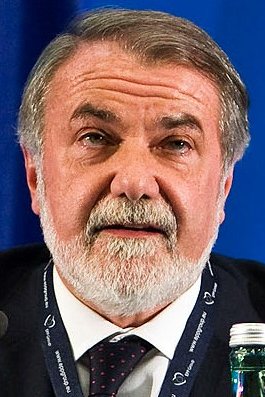
The 2009 European Parliament election in Spain was held on Sunday, 7 June 2009, as part of the EU-wide election to elect the 7th European Parliament. All 50 seats allocated to Spain as per the Treaty of Nice—54 after the Treaty of Lisbon came into force on 1 December 2011—were up for election.
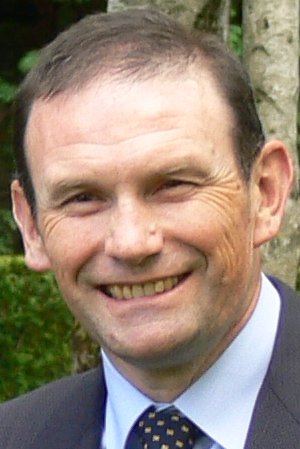
The 2009 Basque regional election was held on Sunday, 1 March 2009, to elect the 9th Parliament of the Basque Autonomous Community. All 75 seats in the Parliament were up for election. The election was held simultaneously with a regional election in Galicia. It would be the first time that the elections for two of the Spanish "historical regions"—namely, those comprising Andalusia, Catalonia, Galicia and the Basque Country itself—were held simultaneously. This would evolve into an unwritten convention in subsequent years, with Basque and Galician elections being held concurrently in 2012, 2016 and 2020.
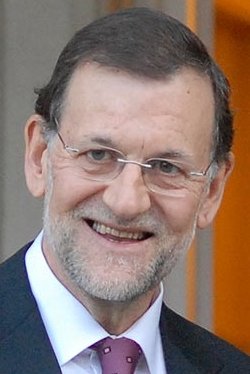
The 2011 Spanish general election was held on Sunday, 20 November 2011, to elect the 10th Cortes Generales of the Kingdom of Spain. All 350 seats in the Congress of Deputies were up for election, as well as 208 of 266 seats in the Senate. An election had not been due until April 2012 at latest, but a call by Prime Minister José Luis Rodríguez Zapatero for a snap election five months ahead of schedule was announced on 29 July 2011. Zapatero would not be seeking a third term in office, and with political pressure mounting, a deteriorating economic situation and his political project exhausted, an early election was perceived as the only way out.

The 2011 Valencian regional election was held on Sunday, 22 May 2011, to elect the 8th Corts of the Valencian Community. All 99 seats in the Corts were up for election. The election was held simultaneously with regional elections in twelve other autonomous communities and local elections all throughout Spain.

The 2014 European Parliament election in Spain was held on Sunday, 25 May 2014, as part of the EU-wide election to elect the 8th European Parliament. All 54 seats allocated to Spain as per the Treaty of Lisbon were up for election.

Teresa Mañé i Miravet (1865–1939), also known by her pen name Soledad Gustavo, was a Catalan teacher, editor and writer. As a proponent of progressive education, Mañé founded some of the first secular schools in Catalonia. With her husband Joan Montseny, she edited the magazine La Revista Blanca, in which she elaborated her ideas on anarchism, feminism and pedagogy. Her daughter Frederica Montseny i Mañé went on to become a leading figure in the Spanish anarchist movement and the Minister of Health of the Second Spanish Republic.
